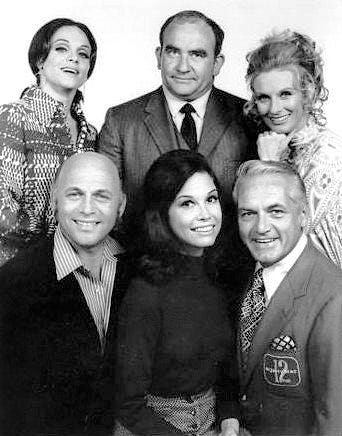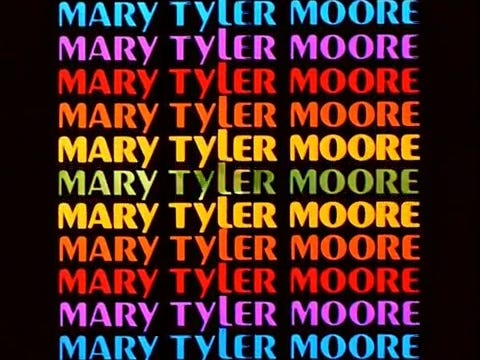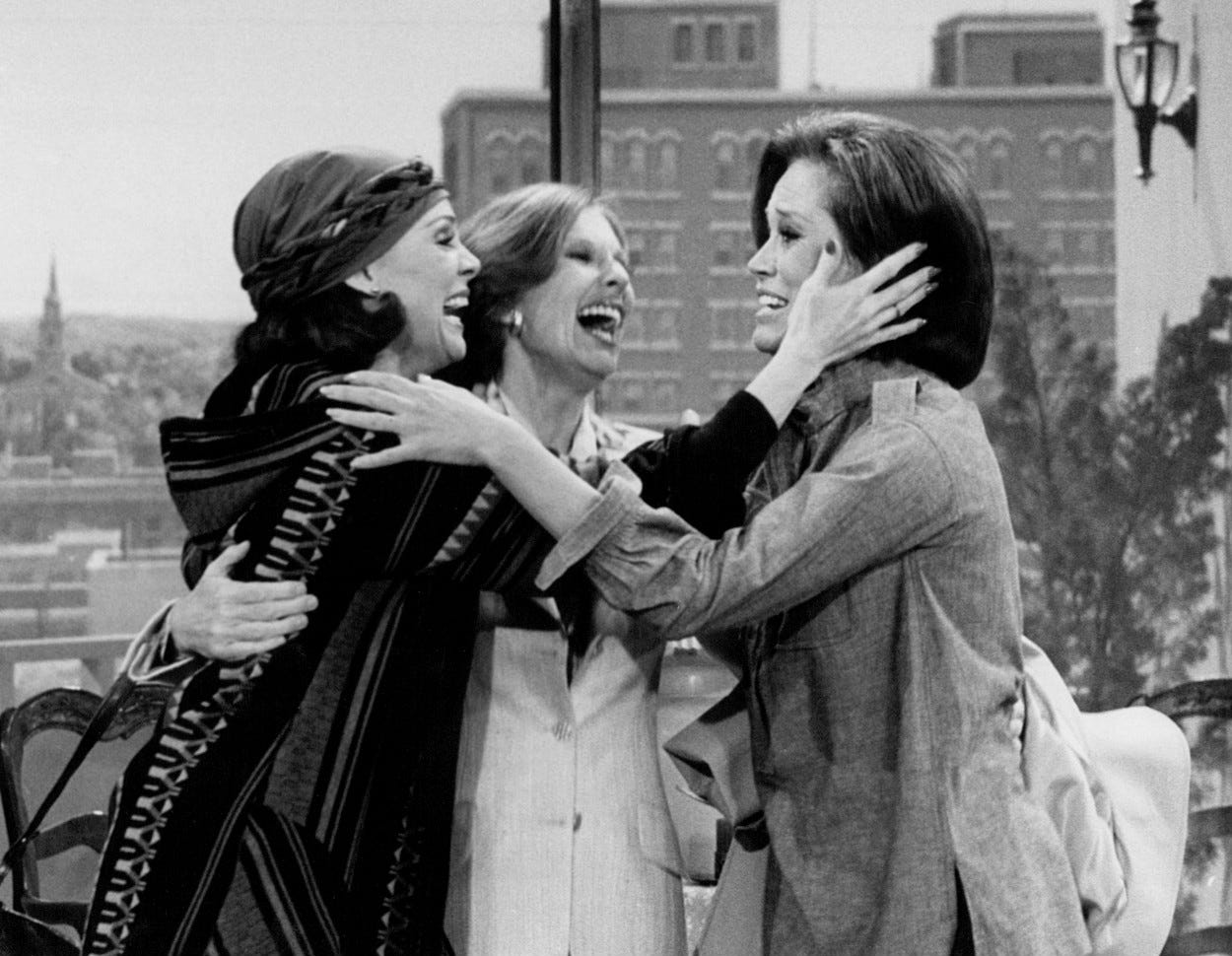Watching the Mary Tyler Moore Show in 2025
I find myself in a unique position - I have never watched a single episode of the Mary Tyler Moore Show, or knew who the characters were (except that one would be called Mary) or even what it was about beyond the vaguest of ideas. And so recently I decided to start watching it and to use it as a sort of litmus test of what the 1970s was really like - at least in America.
At first I was mildly apprehensive about trying to watch a show that turns 55 (yes, 1970 is 55 years ago) this year. What I expected to find was a record of society that had not yet learned all the valuable lessons we here in the “enlightened” years have. Something I could point to and say “look how far we’ve come”.
But from the first episode I knew I had grossly underestimated this show and the era it represents. It’s easy to write off large parts of history - to forget that people then were just the same as us now, to a somewhat depressing degree. People, to a large extent, are mostly just trying to live well, do a satisfying job, and enjoy a happy home, same as always.
Season 1, Episode 1. There I was, drink and snack in hand, ready to observe the ancient texts:
Mary walks into a job interview for a secretarial position (oh no, goes my alarm bells) at a TV news station and is greeted by the gruff Mr Grant who, while pouring himself a whisky from his desk, tells her the position is not available anymore. Mary starts walking out, but Lou mentions there is another job open: “I figured I’d hire a man for it”, says Lou, “but we can talk about it”.
And with that, a seemingly easy decision is made. Lou pictured a man for this position, but being confronted by Mary, changes his perspective and offers the job of Associate Producer to her and catapults her into a career she would otherwise never have access to. Lou is not a feminist or even seems to really think that hard about things, but a practical guy who likes the cut of Mary’s jib.
Mary is a single woman at 30, and all his questions in the interview is about her religion, where she lives and why she is not married. Having worked in corporate for a while, I know you can’t ask those kinds of things in an interview, but as Lou retorts: “You wanna call the cops?”. If you watch any scene of this show, watch this one, it is a masterpiece of TV writing. Here is a time coded link, someone has graciously uploaded all episodes to Youtube. As an aside, this show is just as entertaining as one that may be made today, or perhaps even more so.
Unfortunately, we still have some of the exact same issues, only now nobody says it out loud (or at least not where they might be recorded). Biases about what women are capable of, or where they belong, or what a man does better, still run rampant, but now we are supposed to pretend that it’s all been fixed.
As the seasons go on you can see some cracks in the shiny veneer, a hint that the world was not ready yet for Mary Richards, career woman. In various episodes, Mary challenges Lou and the station to treat her fairly, but they always fall just a little short. Mary is not offered the job as Producer when Lou is (temporarily) promoted, but instead the job goes to a news writer - a man - who is not nearly as qualified for the position. Lou explains to Mary that he can’t give her the position, because men have families to support and so it would not be fair for her to get the job. The episode ends without any further introspection beyond that, a good enough explanation, I suppose, in 1973.
Mary also discovers that she is receiving a secretary salary for performing the producer job, and fights to get the same salary as her predecessor. One problem is that even by Lou’s admission, she does a much better job than he did, and yet this plot line concludes with Mary just reaching that lowest of bars - pay equal to a less qualified man.
When a friend of Mary’s and fellow apartment dweller Phyllis, finds out her husband is cheating on her, Mary endeavours to make the other woman leave the affair to help her friend, rather than very rightly suggesting that the husband is not worth their time at all. Incidentally, this friend is often portrayed as a kind of anti-Mary. A modern woman with feminist attitudes, but grating and unsuccessful, trying and failing to enter any kind of career beyond house maker and, while spouting lofty ideas, utterly unsupportive and manipulative as a friend.
The other apartment is occupied by Rhoda, a street smart realist from NYC, who just wants to get married to a rich man, but is arguably just as successful in her career as Mary is.
Mary herself is at times too perfect, a fact Rhoda is often deployed to point out. Mary is slim, smart, and always put together. Her apartment is clean and well decorated. She hosts dinner parties for her boss and her friends. She is the acceptable feminist. A woman who wants a career, and still has no problem being at times the demure underling to her bungling male coworkers.
The men in this show are often bungling, but also at times heartfelt, real and supportive. A welcome retreat from the modern “Everybody loves Raymond” model of sitcom male performance, seemingly uninterested in the goings on of their own family.
I’m now about halfway into the series, and I see the characters shifting into a comfortable territory, now more a typical sitcom with a few highs and lows, but no new insights to offer about where we’ve come from and where we’re going. Themes repeat often, probably because the audience of the time was not able to “binge” 4 seasons in 1 month.
I’m not about to suggest that we should take a leaf out of Mary’s sometimes overly rosy book, but I do love to see her character grow and become assertive as she realizes her potential.
This cuts to the heart of why I love the show - watching someone become competent, successful and celebrated. At times the work is routine, boring even, but when you zoom out you might find a part of Mary in your own story.







